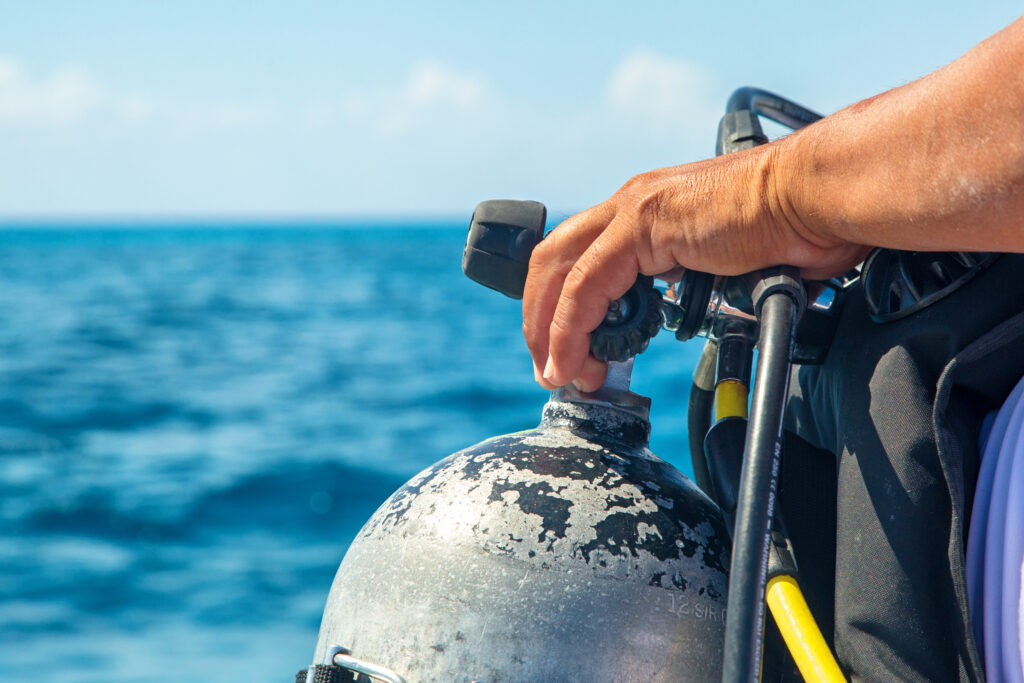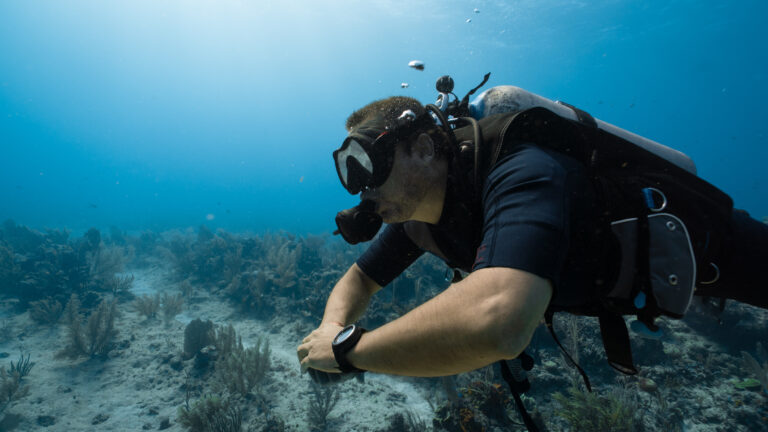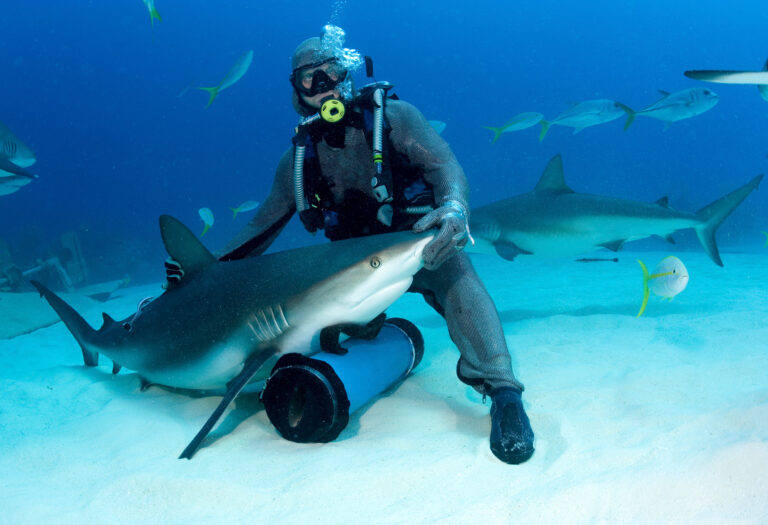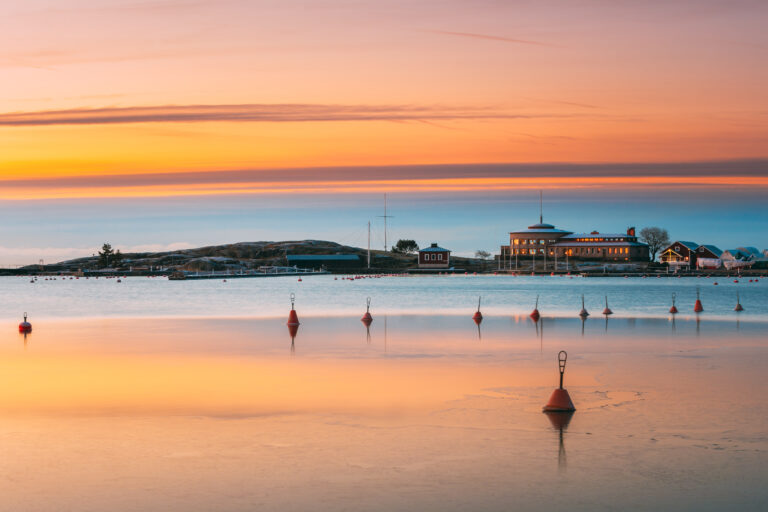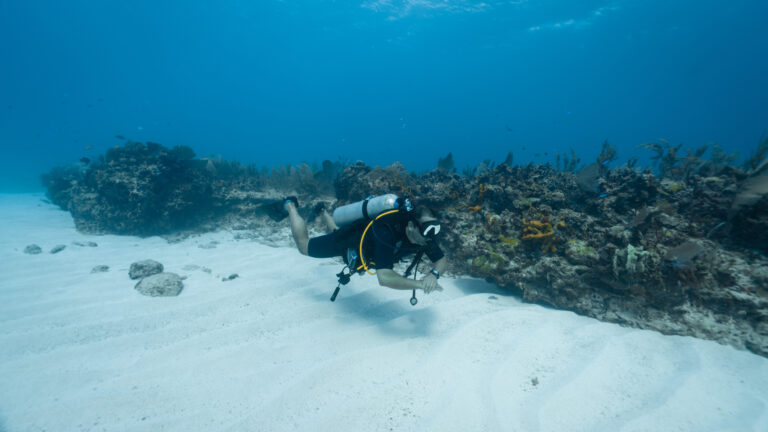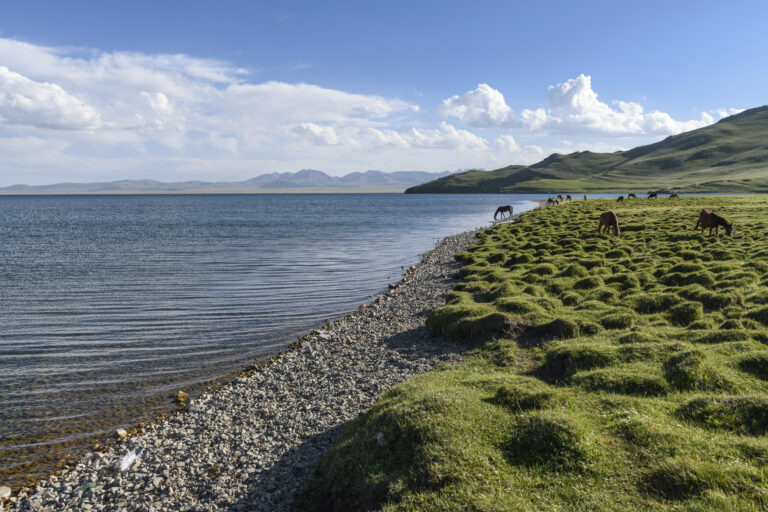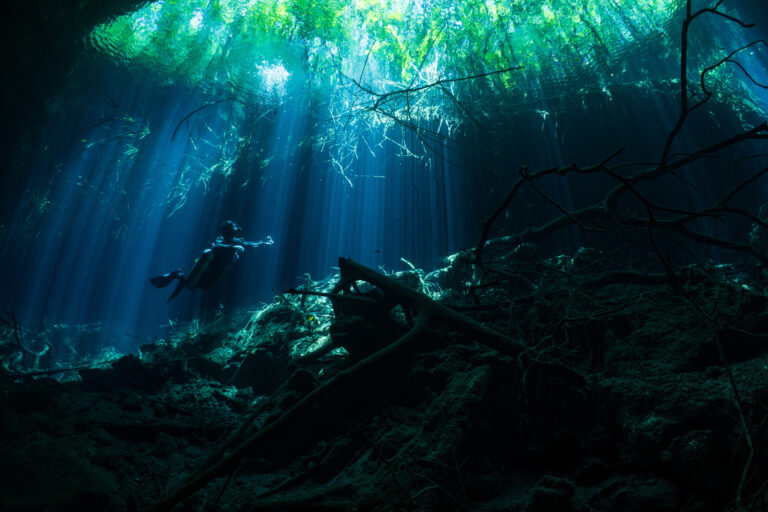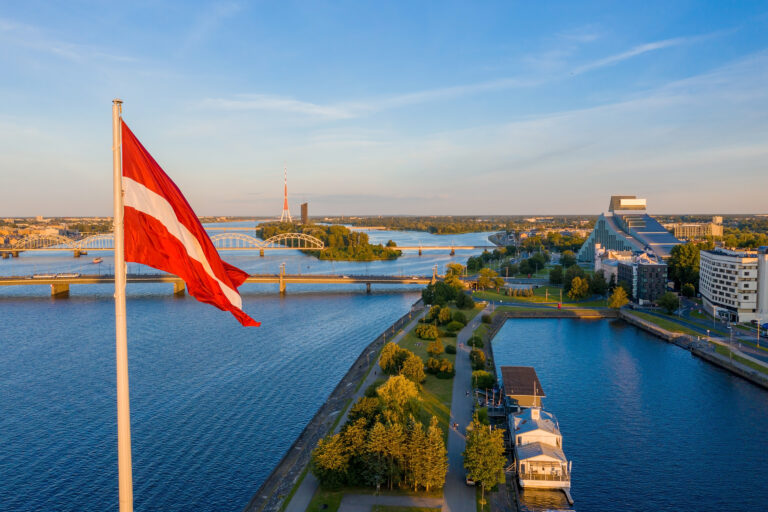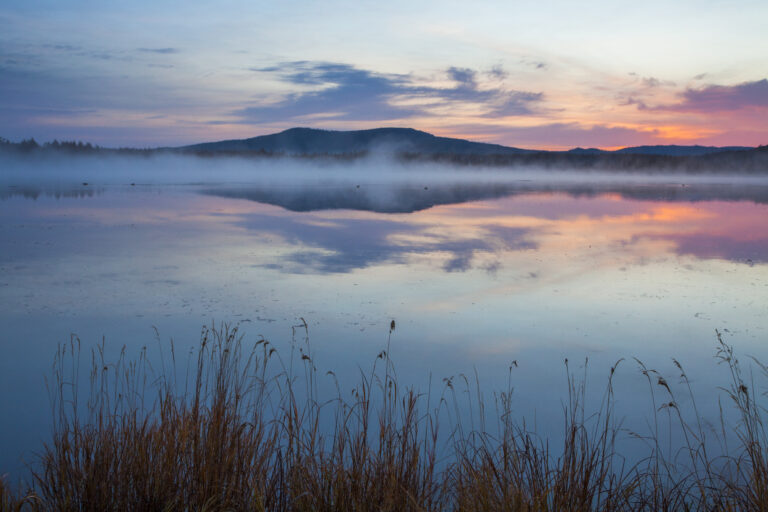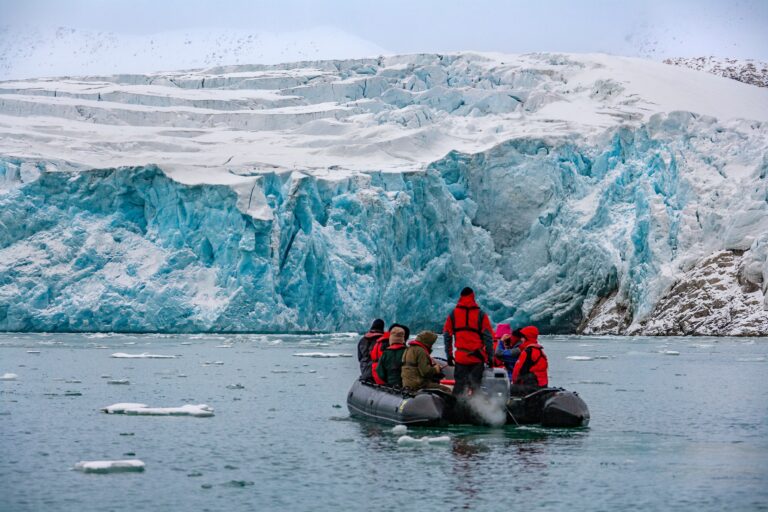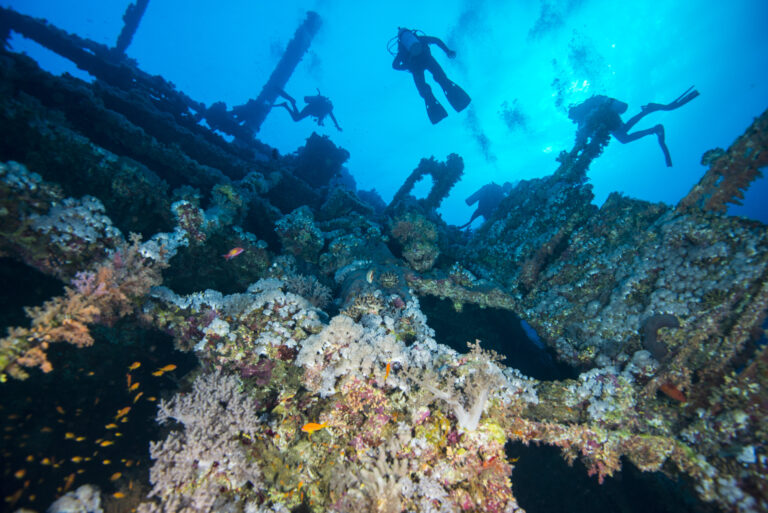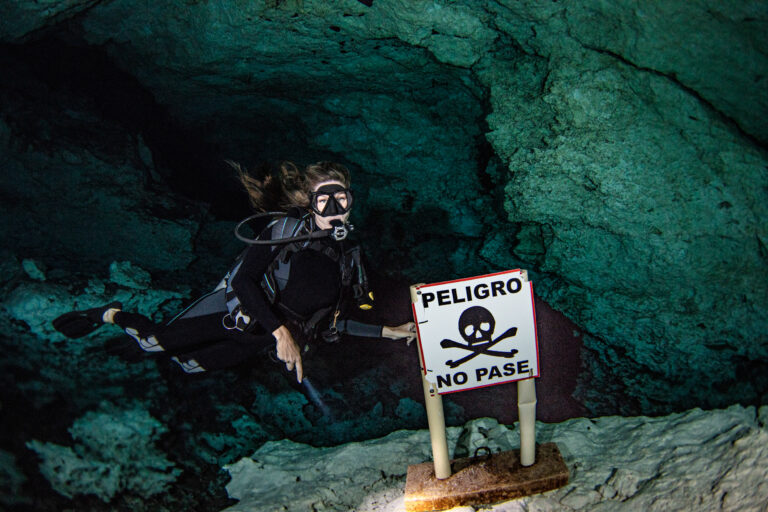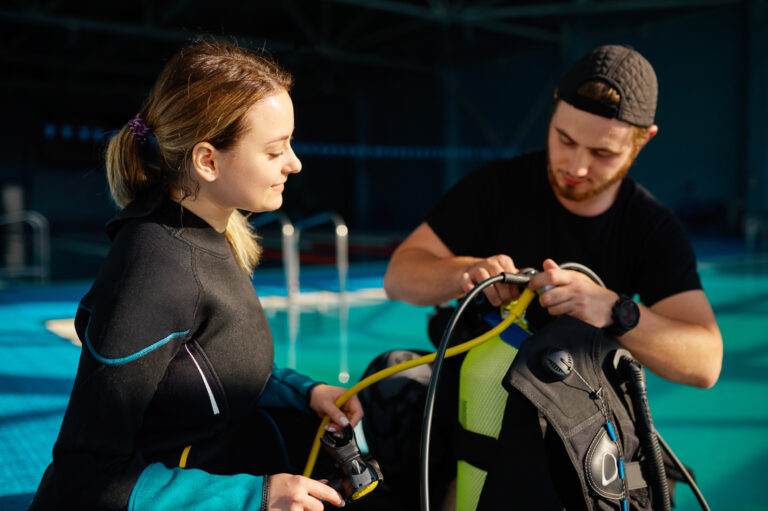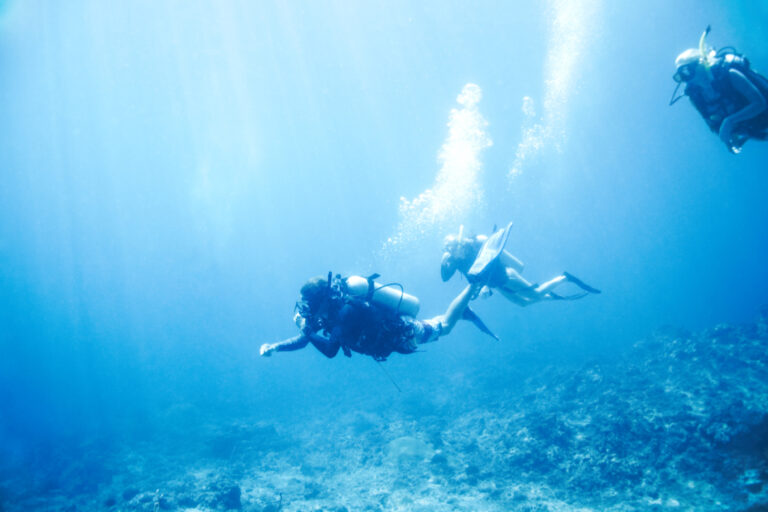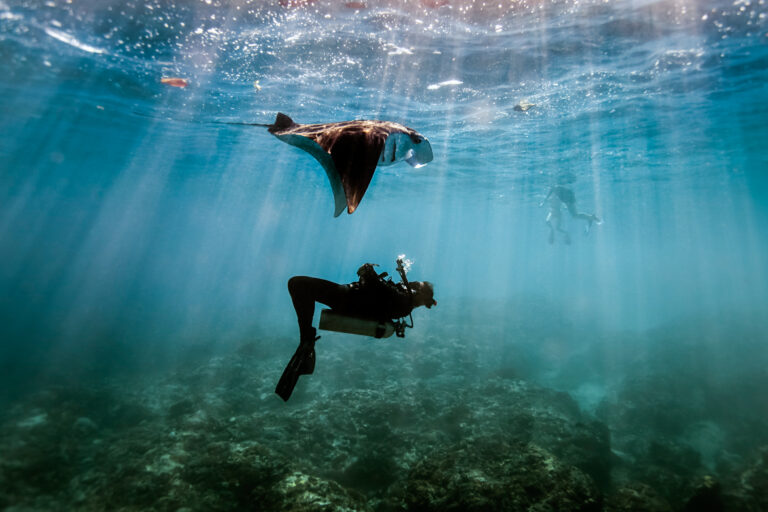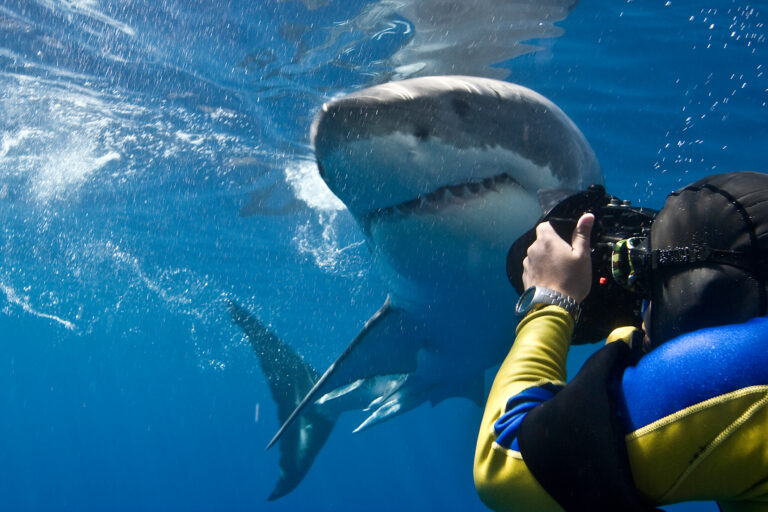Scuba Divers’ Travel Guide to French Polynesia
French Polynesia, with its collection of stunning islands in the South Pacific, is a dream destination for scuba divers. The region’s clear, warm waters are home to some of the most vibrant coral reefs and diverse marine life in the world. Divers can encounter everything from colorful reef fish to majestic manta rays and sharks. The diverse underwater landscapes, including coral gardens, drop-offs, and lagoons, provide a range of diving experiences. French Polynesia’s breathtaking natural beauty and rich marine biodiversity make it a top choice for scuba travelers seeking unforgettable underwater adventures.
Location and Geography
Nestled in the heart of the South Pacific Ocean, French Polynesia is a sprawling mosaic of over 100 islands and atolls, spanning an area larger than Europe. This paradisiacal destination is divided into five main groups: the Society Islands, the Tuamotus, the Gambier Islands, the Marquesas, and the Austral Islands, each offering a unique diving experience amidst their crystal-clear waters and vibrant coral reefs. The geography of French Polynesia is as diverse as it is breathtaking, featuring dramatic volcanic peaks, lush rainforests, and idyllic lagoons that provide a sanctuary for an astonishing array of marine life. From the iconic overwater bungalows of Bora Bora in the Society Islands to the remote, untouched atolls of the Tuamotus, French Polynesia’s stunning natural beauty and warm, welcoming waters make it a premier destination for scuba divers seeking an unforgettable underwater adventure.
Visa and Entry Requirements
Traveling to French Polynesia for scuba diving is an experience of a lifetime, but it’s essential to be aware of the visa and entry requirements to ensure a smooth journey. For most visitors, including those from the United States, Canada, Europe, and Australia, no visa is required for stays of up to 90 days within a 180-day period. However, a passport valid for at least six months beyond the date of entry is mandatory. Upon arrival, travelers must also present a return ticket or a ticket to another destination outside French Polynesia. It’s important to note that while visa requirements are generally consistent, they can change, so it’s advisable to check with the French embassy or consulate in your country for the most current information before your trip. Additionally, ensure that your travel insurance covers scuba diving, as this is a requirement for entering some marine protected areas within French Polynesia.
Getting to French Polynesia
Getting to French Polynesia, a scuba diver’s paradise nestled in the heart of the South Pacific Ocean, is an adventure in itself, offering a glimpse into the remote beauty that awaits beneath its waves. The primary gateway to this sprawling archipelago is Faa’a International Airport (PPT) located on the island of Tahiti, the largest island in French Polynesia. Most international flights to Tahiti originate from major cities such as Los Angeles, Tokyo, Auckland, and Paris, making it accessible from various points across the globe. Upon arrival in Tahiti, divers can then connect to smaller, local flights or embark on scenic boat rides to reach the outer islands and atolls, such as the renowned diving hotspots of Rangiroa in the Tuamotus or the pristine waters of Bora Bora. Each journey from Tahiti to these islands is an opportunity to soak in the breathtaking vistas of the Pacific, setting the stage for the underwater wonders that await.
Best Time to Dive
Getting to French Polynesia, a scuba diver’s paradise nestled in the heart of the South Pacific Ocean, is an adventure in itself, offering a glimpse into the remote beauty that awaits beneath its waves. The primary gateway to this sprawling archipelago is Faa’a International Airport (PPT) located on the island of Tahiti, the largest island in French Polynesia. Most international flights to Tahiti originate from major cities such as Los Angeles, Tokyo, Auckland, and Paris, making it accessible from various points across the globe. Upon arrival in Tahiti, divers can then connect to smaller, local flights or embark on scenic boat rides to reach the outer islands and atolls, such as the renowned diving hotspots of Rangiroa in the Tuamotus or the pristine waters of Bora Bora. Each journey from Tahiti to these islands is an opportunity to soak in the breathtaking vistas of the Pacific, setting the stage for the underwater wonders that await.
Accommodation Options
In the enchanting archipelago of French Polynesia, scuba divers are spoilt for choice with a plethora of accommodation options tailored to suit every taste and budget. From the luxurious overwater bungalows of Bora Bora that offer direct access to the turquoise lagoon waters, to the eco-friendly resorts in Rangiroa that sit at the edge of some of the world’s most vibrant dive sites, there’s something for everyone. Budget-conscious travelers can find solace in the smaller, family-run guesthouses on islands like Moorea, where the warmth of Polynesian hospitality shines brightest. These accommodations often provide personalized diving excursions, making them a great option for those looking to explore the underwater wonders without the crowds. Whether you’re seeking the ultimate in luxury and privacy or a cozy spot that feels like home, French Polynesia’s range of accommodations ensures that your diving adventure will be as comfortable as it is unforgettable.
Dive Operators and Dive Shops
In the enchanting waters of French Polynesia, dive operators and dive shops serve as gateways to some of the most breathtaking underwater experiences on the planet. These establishments, found on key islands such as Tahiti, Bora Bora, and Rangiroa, are renowned for their high standards of safety, extensive local knowledge, and personalized service, catering to both novice and experienced divers. They offer a wide range of services, from PADI certification courses and beginner dives to specialized excursions like shark and manta ray encounters. The dive shops in French Polynesia are well-equipped with quality gear, ensuring that all divers have a comfortable and memorable experience. With their intimate understanding of the local marine environments, the dive operators play a crucial role in guiding visitors through the vibrant coral gardens, mesmerizing drift dives, and the crystal-clear lagoons that make French Polynesia a diver’s paradise. Whether you’re looking to explore the underwater wonders for the first time or aiming to tick off a dream dive from your bucket list, the dive operators and shops in French Polynesia will make your underwater adventure unforgettable.
Transportation within French Polynesia
In French Polynesia, transportation between the islands is an essential aspect of your scuba diving adventure, given the archipelago’s spread over a vast area of the Pacific Ocean. The most common way to hop between islands is by air, with Air Tahiti serving as the primary domestic carrier, offering regular flights to major islands such as Tahiti, Bora Bora, Moorea, and Rangiroa, ensuring divers can easily access the most renowned dive sites. For a more scenic and leisurely pace, inter-island ferries operate between closer islands, such as the ferry service between Tahiti and Moorea, providing a picturesque journey across the turquoise waters. For those seeking a truly immersive experience, chartering a private yacht or joining a liveaboard dive cruise can offer unparalleled access to remote atolls and pristine underwater ecosystems, allowing for multiple dives a day in some of the world’s most biodiverse waters. Regardless of the mode of transportation chosen, traveling within French Polynesia offers a blend of adventure and awe-inspiring landscapes, both above and below the water.
Currency and Payment Methods
In French Polynesia, the official currency is the Pacific Franc (CFP), symbolized as XPF. When planning your scuba diving adventure in this tropical paradise, it’s essential to note that while major credit cards are widely accepted in hotels, dive shops, and some restaurants, especially on the more tourist-centric islands like Tahiti and Bora Bora, carrying some cash is advisable for smaller purchases, local markets, or in more remote areas where electronic payments may not be as prevalent. ATMs are available in urban areas and near tourist spots, but it’s wise to withdraw or exchange enough money upon arrival at the airport or in larger towns to cover your expenses in less accessible diving locations. Always check the exchange rate and transaction fees for using credit cards or ATMs abroad to manage your budget effectively. Embracing the local payment customs will ensure a smooth and enjoyable experience as you explore the underwater wonders of French Polynesia.
Language and Communication
In the enchanting waters of French Polynesia, where the marine life is as vibrant as the culture, understanding the nuances of language and communication is key to a fulfilling scuba diving experience. French is the official language, and while English is widely spoken in tourist areas and by diving professionals, a basic grasp of French phrases can greatly enhance your interaction with local dive operators and residents, adding a layer of richness to your underwater adventure. Moreover, familiarizing yourself with common diving signals and gestures is crucial, as it ensures safety and clarity under the waves, where verbal communication gives way to the silent language of signs. Embracing these aspects of communication will not only smooth your logistical arrangements but also deepen your connection to the mesmerizing underwater world and the warm, welcoming culture of French Polynesia.
Local Culture and Attractions
French Polynesia, a scuba diver’s paradise, is not only celebrated for its underwater marvels but also for its rich local culture and attractions that promise an immersive experience beyond the reefs. The islands, with their vibrant Polynesian culture, offer a tapestry of traditions, from the captivating rhythms of Tahitian dance to the intricate art of tattooing, deeply rooted in the identity of the local people. Visitors are encouraged to partake in a traditional ‘umu’ feast, where food is cooked in an earth oven, to truly taste the local flavors. On land, the lush landscapes of the islands beckon exploration, with sacred marae (ancient temples) and towering waterfalls offering a glimpse into the spiritual and natural beauty that has shaped the lives of islanders for centuries. The blend of breathtaking natural attractions and a welcoming culture that celebrates life, music, and dance makes French Polynesia an unforgettable destination for those looking to enrich their diving adventure with cultural depth and scenic splendor.
Cultural Etiquette and Tips
In the enchanting waters of French Polynesia, scuba diving is not just an adventure but a journey into a world where culture and respect play pivotal roles. Before you plunge into the azure depths, it’s essential to embrace the local customs and etiquette that are deeply rooted in Polynesian culture. Greet locals with a warm “Ia Orana” (hello) and always show respect towards the ocean, which is considered a sacred and nurturing entity by the Polynesians. Environmental consciousness is paramount; ensure you do not touch or stand on the coral reefs, as they are vital to the marine ecosystem and highly revered. When participating in any diving activities, follow the guidance of your local dive operators who are not only experts in ensuring your safety but are also guardians of their ancestral underwater realms. Remember, taking a moment to understand and appreciate these cultural nuances will not only enrich your diving experience but also foster a deeper connection with the vibrant communities and breathtaking nature of French Polynesia.
Local Laws and Regulations Relevant to Tourists
In French Polynesia, scuba diving enthusiasts are welcomed into an underwater paradise, but it’s crucial to respect local laws and regulations to ensure both the preservation of marine life and diver safety. The French Polynesian government enforces specific scuba diving regulations to protect its delicate ecosystems. Divers must be certified by a recognized organization and are often required to dive with a local guide or dive center, especially in protected areas or when encountering potentially dangerous species. It’s illegal to touch or remove marine life, including corals, and penalties for such actions can be severe. Additionally, certain areas may have specific access regulations or may be temporarily closed to divers for conservation purposes. Always check with your dive operator or local authorities for the most current information. Remember, respecting these regulations not only contributes to the sustainability of French Polynesia’s marine environments but also enhances the diving experience for everyone.
Safety Tips and Emergency Contacts
When diving in the enchanting waters of French Polynesia, safety should be your paramount concern to ensure an unforgettable underwater experience. Always dive within your certification limits and be mindful of the strong currents that can be present in some areas. It’s crucial to check your equipment thoroughly before each dive and stay hydrated and protected from the sun. In case of an emergency, it’s important to know that the Centre Hospitalier de Polynésie Française in Tahiti has a recompression chamber available for treating diving-related injuries. For immediate assistance, divers should be familiar with the local emergency number, which is 15 for medical emergencies, including diving accidents. Additionally, always ensure that your dive operator is aware of the nearest medical facilities and has a clear plan for emergencies, including evacuation procedures. Keeping these safety tips and emergency contacts in mind will help you enjoy the stunning underwater beauty of French Polynesia with peace of mind.
Health and Travel Insurance
When planning your scuba diving adventure to the enchanting waters of French Polynesia, it’s crucial to prioritize your health and ensure you have comprehensive travel insurance. Given the remote nature of many dive sites across these idyllic islands, access to medical facilities can be limited, and the cost of emergency medical evacuation can be exorbitantly high. Therefore, it’s advisable to select a travel insurance policy that specifically covers scuba diving activities, including potential hyperbaric treatment, and provides ample coverage for medical evacuation and repatriation. Additionally, considering the ongoing global health landscape, ensure your policy includes coverage for COVID-19 related health issues. This proactive approach will not only safeguard your health and financial investment but also ensure peace of mind, allowing you to fully immerse yourself in the breathtaking underwater world of French Polynesia.

